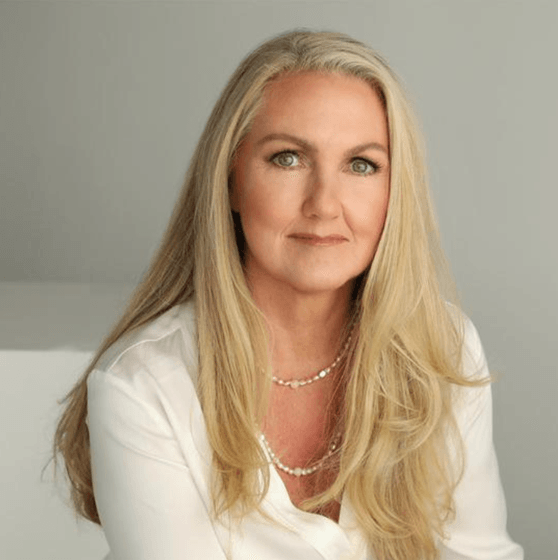Follow Your Instincts with Sheevaun Moran
We talked about experiencing extreme hardship and emerging on the other side, finding work that you’re called to do, recognizing your innate talents and abilities, and having the courage to pursue them.
Listen to us On
About the Episode
LifeBlood ENGAGE: We talked about experiencing extreme hardship and emerging on the other side, finding work that you’re called to do, recognizing your innate talents and abilities, and having the courage to pursue them.
How we all get nudges and have instincts we should be following, but it’s been conditioned into us to not do so, how business problems are often related to health problems which are in turn related to money problems. The danger of getting married to ideas and then no longer looking for additional information which could contradict your position, now the most successful people among us are constantly seeking information to disprove their current thinking, how to continue that pursuit of truth while ignoring shiny objects that can distract, and why the best things in life need not be the hardest to get with Sheevaun Moran, Founder of Energetic Solutions, and a Spiritual Warrior for business success and growth.
Listen to learn how to find the right answers to your questions, not just accurate ones!
For the Difference Making Tip, scan ahead to 20:44!
You can learn more about Sheevaun at SheevaunMoran.com, Facebook, Twitter, YouTube and LinkedIn.
Thanks, as always for listening! If you got some value and enjoyed the show, please leave us a review wherever you listen and subscribe as well.
You can learn more about us at MoneyAlignmentAcademy.com, Twitter, LinkedIn, Instagram, Pinterest, YouTube and Facebook or you’d like to be a guest on the show, contact George at [email protected].

George Grombacher
Lifeblood Host

Sheevaun Moran
Guest
More Episodes
How to Have a Better Tomorrow
I want to help you have a better tomorrow. One of the common bonds between all humans is our impulse to find happiness. Too often, we’re looking in the wrong places, and doing the wrong things expecting them to give us the right results. If you don’t think your future...
How to Become Financially Secure
You want financial prosperity, and I want that for you as well. In fact, I want you to get whatever you want out of life. In order to do that, you need to be financially secure-something only a small percentage of Americans are. Being financially secure means...
Successfully Dealing with External Forces
On our paths to success and contentment, we constantly encounter external forces which can derail or sidetrack us. The more prepared we can be, the better our chances of successfully dealing with resistance. I grew up in the Midwest, and on summer road trips,...
Overcoming Internal Resistance
Internal resistance shows up every time we decide to make change. Our brains are awesome. They’ve kept us at the top of the food chain for over 2 million years, and that’s something I’m grateful for. They’re also great at keeping us alive through instincts like...
Understanding Your Financial Patterns of Behavior
We all have patterns of behavior and habits we follow. But why? Where do they come from? How can we change them? Humans have been studying patterns for a long time. Ancient Greeks like Plato and Pythagoras worked to understand patterns in nature. Over time,...
How to Get In the Black
When an individual or a company is in the black, it means they’re doing well financially. They don’t have too much debt, and they’re making progress towards their goals. Being in the red is essentially the opposite. It means they’re not profitable and showing a...
Should You Decentralize Your Personal Finances?
Do you want to decentralize your personal finances? Is Bitcoin a good investment? These are important questions to consider. I know I’m frustrated by centralized control in general. I’m interested in making my own decisions about how to live my life, and I’m...
Unburdened: How to Change Your Future and Your Fortune
If you were unburdened, how would your life be different? Would you be more financially successful? Would you have better relationships and more personal success? Would you be an entrepreneur, or a leader in your community? How would getting out from underneath...
How to Live a Contented Life
What does it mean to be contented, and how do we live contented lives? I believe answering that question and pursuing that life is central to existence. According to a recent study, less than 14% of Americans are very happy. And while we’ll explore the relationship...
Join the show.
Interested in being on the show? Tell me a little bit more about you and what you’d like to talk about!














